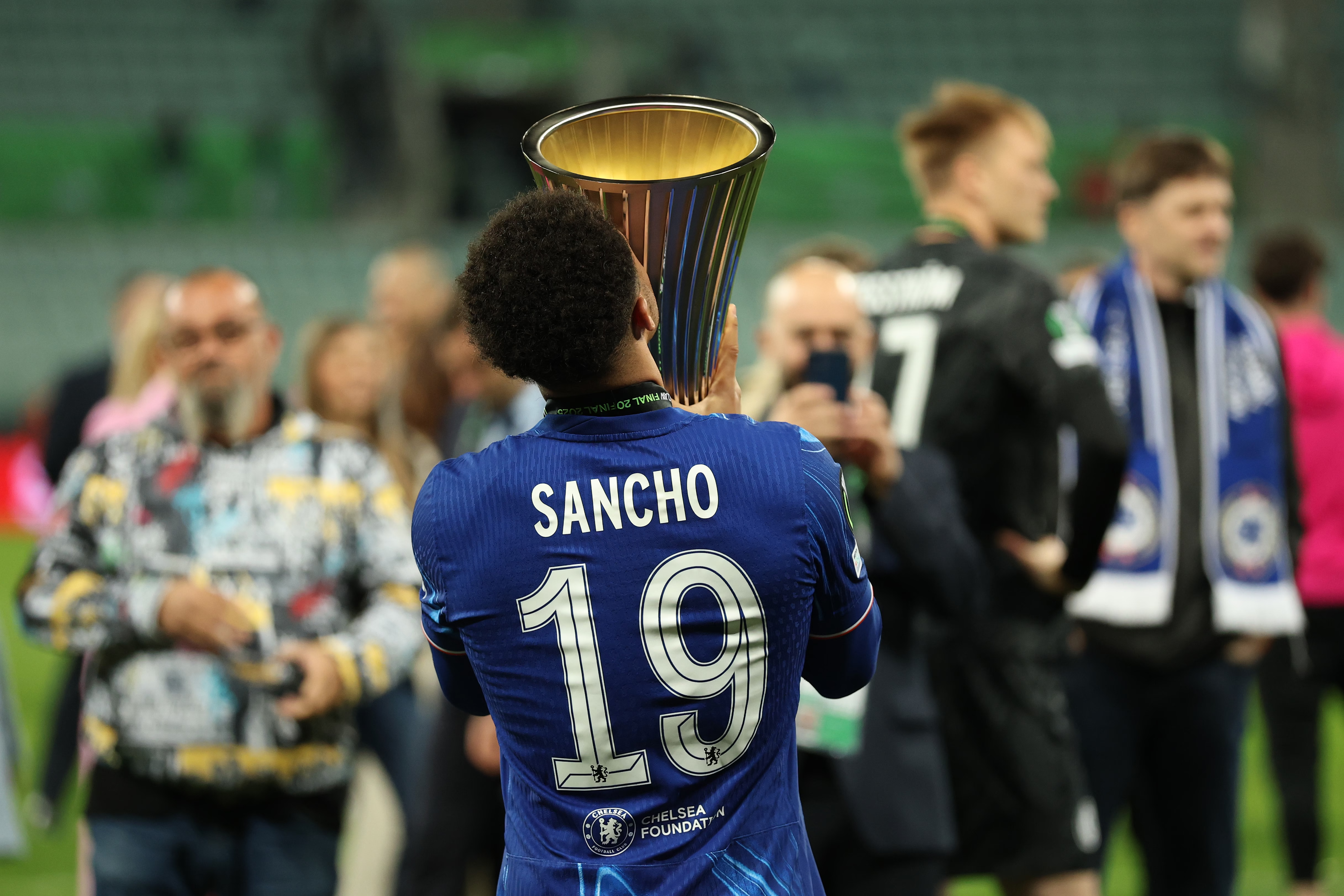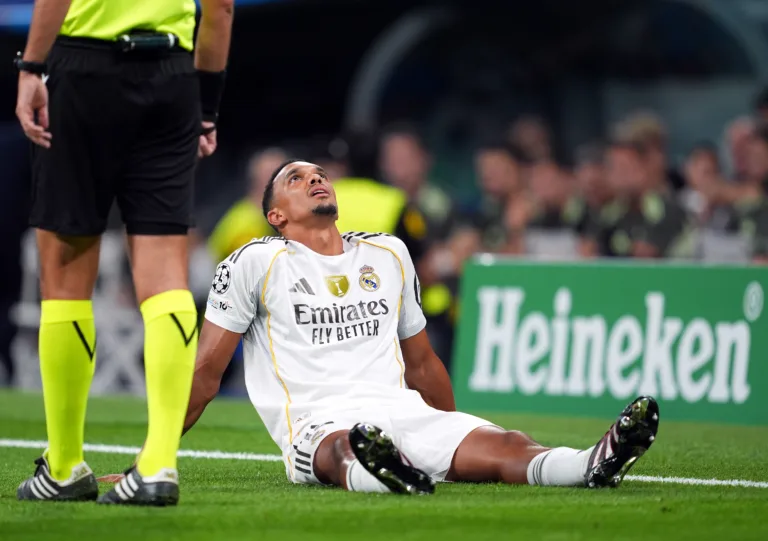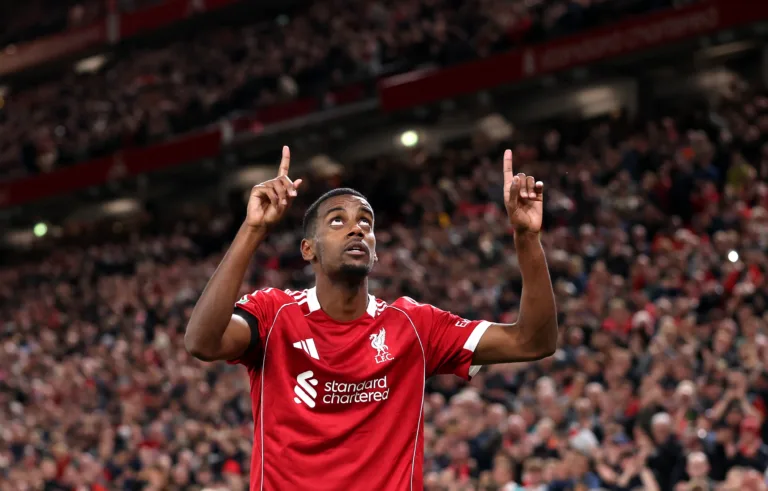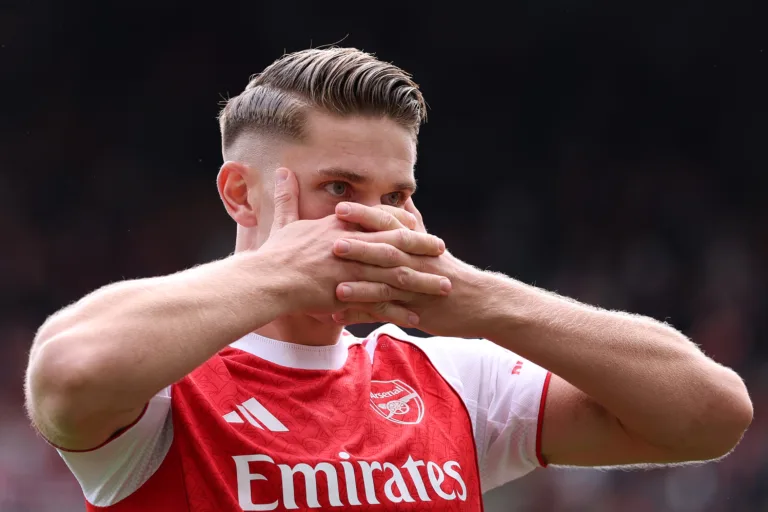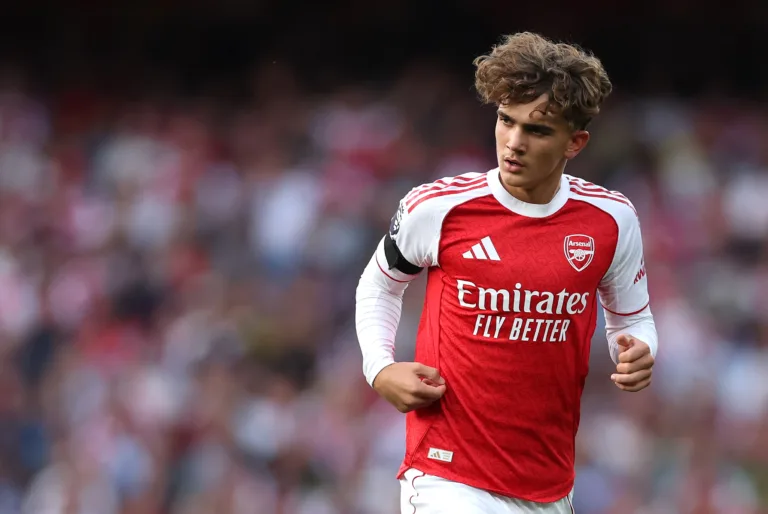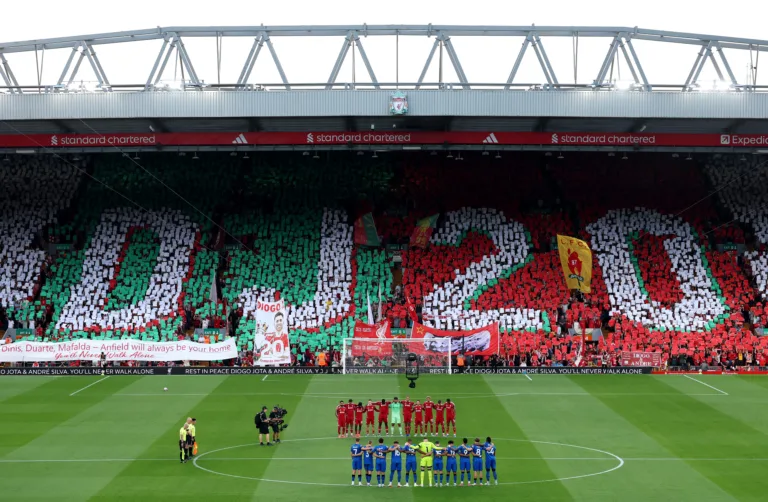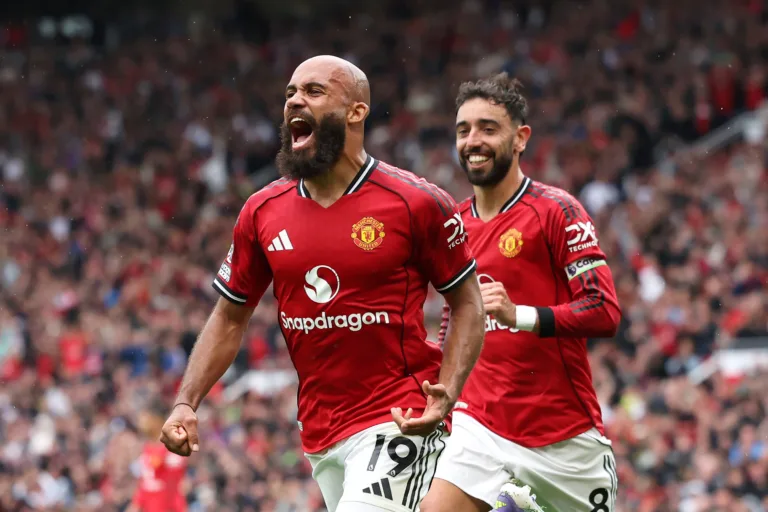How Big Contracts and Salaries Are Trapping Footballers at Chelsea, Man United, Napoli, Man City and Arsenal
When Jadon Sancho commented “Freedom” on Marcus Rashford’s Instagram post announcing that he had moved on loan to Aston Villa, it didn’t feel like they would both be stuck this summer again at Man United. Neither were imprisoned, but both were once again stuck at Man United due to golden handcuffs due to their big contracts.
Big contracts are creating chaos in the transfer market. Marcus Rashford can’t find a buyer. Jadon Sancho cost Chelsea £5m just to walk away from an obligatory purchase. Raheem Sterling flopped on loan, but won’t be going anywhere, at least not while he’s on £325k a week.
Across Europe’s elite clubs, big wages aren’t just spoiling balance sheets, they’re blocking exits. Talented footballers, some still in their prime, are finding themselves stuck in a kind of golden prison. They’re paid too much to move and too expensive to shift. They’ve been given golden handcuffs, and the keys while are available to them, come at a cost they don’t want to spend.
It’s not a fitness issue. It’s not form. It’s the cost, and loss to their personal fortune. And this summer, it’s become clearer than ever that wage inflation has outpaced the transfer market’s appetite. From the deadweight contracts clogging dressing rooms to the silent standoffs behind the scenes, the transfer window is now defined as much by who can’t move as by who can.
Jadon Sancho: A Costly Clause and a £5m Escape
Jadon Sancho’s career at Manchester United has felt like one long case study in mismanagement. Once a marquee signing, his stock has plummeted since that public spat with Erik ten Hag. Despite a semi-revival on loan at Dortmund, United were looking to move him on for good last summer. And they had thought that Todd Boehly’s no stop spending had come to their rescue, with a loan deal with an obligation to buy, should Chelsea finish in the top 14 places.
But the deal died quickly once the wage demands were put on the table. Sancho was reportedly unwilling to take a significant pay cut from his rumoured £350,000-a-week Man United deal. That standoff resulted in Chelsea paying a £5m penalty to not sign him. Think about that. They paid real money to walk away from a deal, purely because the wage structure would have caused chaos internally. Chelsea had thought that Sancho’s want to get away from Manchester United permanently would mean that he would sacrifice his salary demands, instead of his career.

Sancho’s talent isn’t in question, but the financials no longer add up for a player who’s caused more problems than he’s solved over the last number of years. There is a reason at 25, he seems happy to be heading to Turkey in search of money, rather than trying to get back to the level he once was. He doesn’t care any more.
Marcus Rashford: In the Shop Window, But No Takers
Then there’s Marcus Rashford. He looked revitalised during his loan spell at Aston Villa, happy, sharp, useful. It looked like Marcus had found himself once again in the midlands. There was even tentative talk of a permanent move. But once again, reality crept in after Aston Villa found themselves outside of the Champions League spaces.
Rashford is reportedly earning close to £350,000 a week should Man United play in the Champions League. Villa admired him, sure. But Rashford’s priorities lay elsewhere, with the Mancunian harbouring hopes of moving to Barcelona. With Barcelona’s current priority being Nico Williams, who they’re likely to sign as their starting winger. Instead of getting a fee, United are likely to loan him out again, this time collecting a loan fee while hoping that Barcelona cover his wages.
“Playing with Lamine Yamal? Yes, OF COURSE. Everyone wants to play with THE BEST. Hopefully, we’ll see.”

It’s a limbo that benefits no one. Rashford, at 27, should be entering his peak. Instead, he’s becoming a pariah where nobody wants to both spend the amount on his wages and a transfer fee combined, which over 3 or 4 seasons would amount to £100m.
Victor Osimhen: A World-Class Striker With Nowhere to Go
Victor Osimhen should be the most wanted striker in Europe. Quick, powerful, deadly in the box, and a cut price fee. But after a loan spell in Turkey, it’s clear something’s off.
The problem? His wage demands are eye-watering. His agents have been shopping him around, but even top clubs have balked. Chelsea and PSG looked, asked the questions, then backed away. No clubs, except for Al-Hilal and Galatasary, are willing to match the kind of salary he’s asking for, which is said to be in the region of £400,000 a week.
You can be the most lethal No.9 around, but when your wages can bankroll an entire back four, people start looking for cheaper options. Osimhen’s greed is what is stopping him from playing at an elite level. He could be playing for Arsenal, Man United, PSG, Chelsea, Liverpool, Barcelona, but his wage demands have scuppered any chance of that happening.
Casemiro: Another Happy To Stay Put on Big Contracts
Casemiro’s situation is even more telling. At 33, he’s clearly lost a yard, but he’s still got experience and quality. The issue is his £350,000-a-week wage at United. There’s been no meaningful interest, even from Saudi Arabia, even though every few months a new random person from Saudi links him to Al-Nassr, based on his friendship to Cristiano Ronaldo.
So why is Casemiro happy to stay put at Man United when his role has diminished? Because he knows he’ll never earn this kind of money again. He’s happy to sit tight for one more year. He doesn’t need to move, and no club is desperate enough to take him without United covering a massive chunk of the cost. And, his family is happy in Manchester. Given he has young kids, it is understandable why he is content to stay in Manchester and then return to Brazil at the end of his contract.
This is where loyalty to the bank account outweighs any dream of a new challenge. And who could blame him?
Raheem Sterling: A Flop That Can’t Be Shifted
Raheem Sterling’s loan to Arsenal was a bit of a disaster. Actually, no, it was a disaster. He looked a shell of his former self, and the only real upside for Arsenal was that they didn’t foot the full wage bill. Chelsea covered most of it, and they’re now stuck with the fallout.
Sterling earns a reported £325,000 a week. He has two years left on that deal, and you know what? He won’t be moving unless Chelsea pay someone to take him. He knows it, the clubs know it, and so do the fans. It’s a stalemate. Its a sad end to a glittering career, for one of the Premier League’s better ever players.
Gabriel Jesus: Earning Too Much to Be Third Choice
Gabriel Jesus hasn’t done much wrong at Arsenal, but he’s now clearly behind in the pecking order. With links to Sesko, Gyokeres, and possibly even Ollie Watkins, it looks like he’ll be third choice next season. That would be alright if he wasn’t earning £265,000 a week.
Jesus has a contract until 2029. And Arsenal won’t be able to sell him, as no club in Europe is paying that salary for an injury-prone striker who just came off an ACL injury. 4 more years on that salary, whilst coming off an often career ending injury, Jesus knows he won’t ever get that sort of money again.
Jack Grealish: The £300k-a-Week Ghost
Jack Grealish has become almost invisible at Manchester City. He’s on £300,000 a week and barely features. He didn’t even make the Club World Cup squad. That’s not just a tactical decision, that’s a message from Pep Guardiola.
There was brief media talk of interest from Saudi Arabia, but let’s be real. Jack’s lifestyle isn’t quite Riyadh-ready. He’s more Ibiza than Jeddah, and even if a move did happen, City would need to cover a large chunk of the cost. There have been rumours of a move to Everton, but again, it’ll be a loan with the majority of his wages covered.
He’s got two years left on his deal. The most likely scenario? A loan with wages still covered by City. A sad comedown for the most expensive English player in history.
The Broken Model of Big Contracts
What we’re seeing now is the fallout from years of reckless wage inflation. Clubs handed out mega-deals to secure talent, often without a thought for the long-term implications. But the money isn’t flowing the way it once did. Even Saudi Arabia isn’t writing blank cheques this summer, well, except for Bruno Fernandes. UEFA’s financial regulations are tightening. Broadcast revenues are plateauing, unless you’re part of the Club World Cup.
So, when clubs try to offload expensive stars, they hit a wall. These players don’t want to take wage cuts. And why should they? They signed the deals in good faith. But football has changed, and the market has contracted around them.
In the past, poor form meant a fresh start somewhere new. Now it means you’re stuck in limbo, training in Portugal while your agent rings around Turkey.
What Happens Next?
This summer could be the start of a reckoning. More structured contracts, lower basic wages, and higher performance-related bonuses might become the norm. Clubs need flexibility, and players might have to accept that their earning power is now tied more closely to output, not name recognition. You can already see it happening at Man United under INEOS. No new signings are being given salaries close to what Rashford or Casemiro are on.
Until that shift happens, though, don’t be surprised to see more high-profile players going on soft loans, staying put, or fading into irrelevance, not because they’ve lost it, but because they’re simply too expensive to move. Chelsea will struggle with this for a number of years due to the sheer length of their contracts.
Big wages block player transfers. It’s the most obvious truth in football right now. And for some stars, it’s the only reason they’re still where they are.


